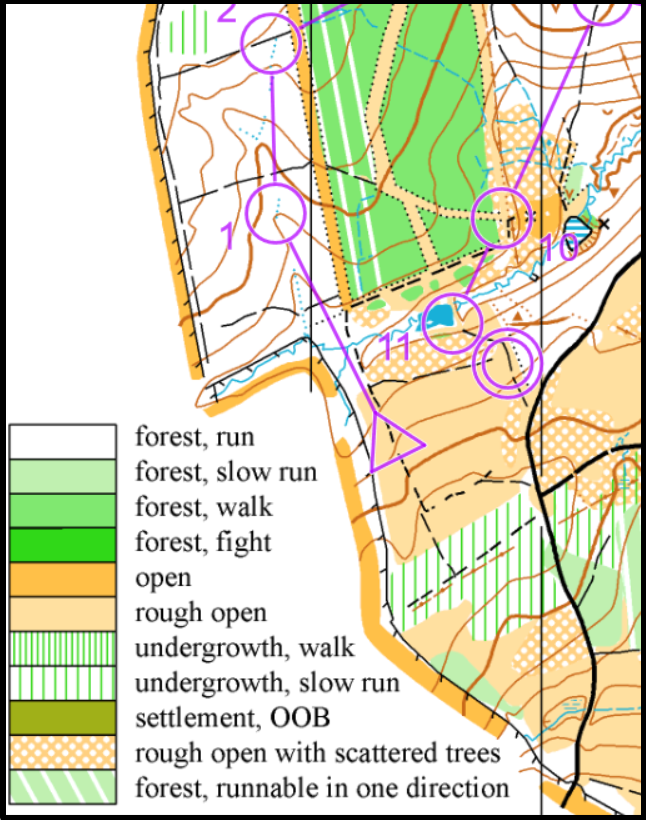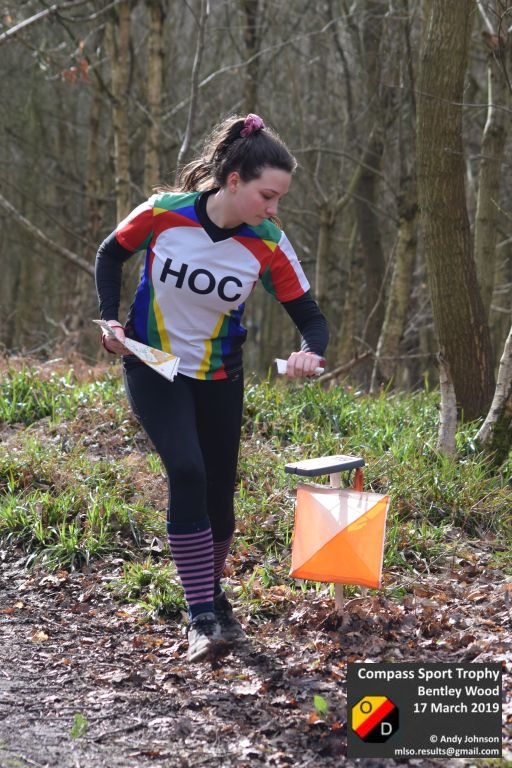New to Orienteering?

Orienteering is an exciting outdoor adventure sport suitable for all ages and fitness levels. It exercises both mind and body. The aim is to navigate between checkpoints or controls marked on a special orienteering map. There is no set route, so the skill and fun come from trying to find the best way to go.
Getting started:
- Take a look at Getting Started, Getting Going, Getting Confident and Getting Faster – a YouTube channel with four short films created by a Manchester orienteering club.
- Wear clothes and shoes/boots that you find comfortable for walking or running. You may well get them dirty. Shorts are not recommended for many areas – your legs might be cut or scratched.

Have a go:
- Why not try our Birmingham based Beginners and Families events?
- Almost all of our Events are open to everyone who would like to attend, and are suitable for all ages and abilities. They range from regular small, informal events (usually held on a Thursday evening or Saturday morning) to large regional or national events (usually held three or four times a year).
- Event formats vary, but our Winter Evening Events, Night Street League and Summer Series usually have a single course that you can choose how much you want to complete. Our bigger events have multiple courses to choose from, and include shorter and less technical courses suitable for newcomers. If you are thinking about attending an event and would like some advice or information then contact the Organiser (their contact details will be on the event information) or email our Membership Secretary (details on the Who’s Who page).
- Permanent Orienteering Courses are a great way to try orienteering for the first time. HOC offers 14 permanent courses throughout our area, most of which are open all year round.
- GPS Orienteering using MapRun, a free orienteering app offering courses that you can try at a time of your choosing, sometimes within an ‘event window’ of a few weeks. These are “virtual” orienteering courses, in that you will not see a physical marker when you “find” the checkpoint, but it will register on your smartphone or other device.
Hints and Tips:
- People come into orienteering from a variety of backgrounds, so it is difficult for a page like this to offer customised advice. But it’s good to remember that no matter what age you are, or how experienced you are at reading a map, walking or running, you will find people like you who have discovered the joys of orienteering!
- A good general introduction is the Newcomers Guide on the British Orienteering website.
- The Better Orienteering website has been created by West Midlands orienteer Duncan Bayliss. It has a huge array of advice for both beginners and those wanting to improve their skills.
- Like all sports, we have our share of acronyms and specialist terms; these are explained in Orienteering Jargon on the British Orienteering website.
Safeguarding:
We are committed to the principles of Safeguarding Children and Vulnerable Adults and our Safeguarding page explains our policies and practice.
Join Us:
- Once you realise that orienteering is the sport is for you, then head over to Join us, to find out about the benefits of club membership!
- Run for your club explains how orienteering is a team sport as well as an individual sport, and outlines the many opportunities to represent Harlequins at regional and national level.
- The Volunteering page explains the roles and opportunities that contribute to the smooth running of the club.
- The Juniors page describes opportunities specifically for younger orienteers.